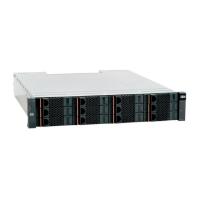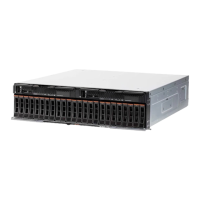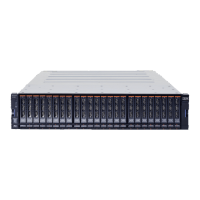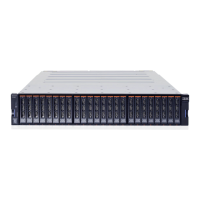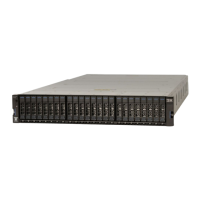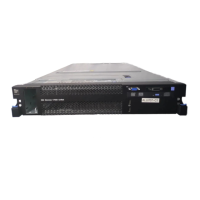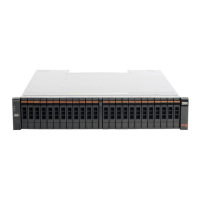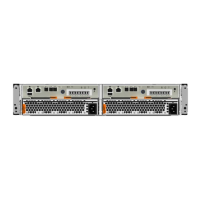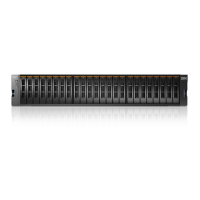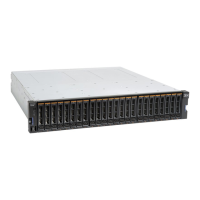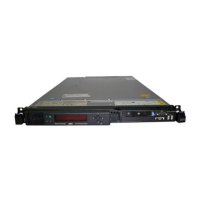16 IBM Flex System V7000 Storage Node Introduction and Implementation Guide
Figure 1-6 shows the front of the compute node, showing the location of the controls, LEDs,
and connectors. The light path diagnostic panel is located on the upper edge of the front
panel bezel, in the same place as the x220 and x240.
Figure 1-6 IBM Flex System x440 Compute Node
See IBM Flex System x440 Compute Node, TIPS0886 for more information.
1.4.2 IBM Flex System x240 Compute Node
The IBM Flex System x240 Compute Node, available as machine type 8737, is a half-wide,
two-socket server running the latest Intel Xeon processor E5-2600 family processors. It is
ideal for infrastructure, virtualization, and enterprise business applications and is compatible
with the IBM Flex System Enterprise Chassis. The x240 supports up to two Intel Xeon
E5-2600 series multi-core processors, 24 DIMM modules, two hot-swap drives, two PCI
Express I/O adapter cards, and has an option for two internal USB connectors. Figure 1-7
shows the single bay x240 compute node.
Figure 1-7 The x240 type 8737
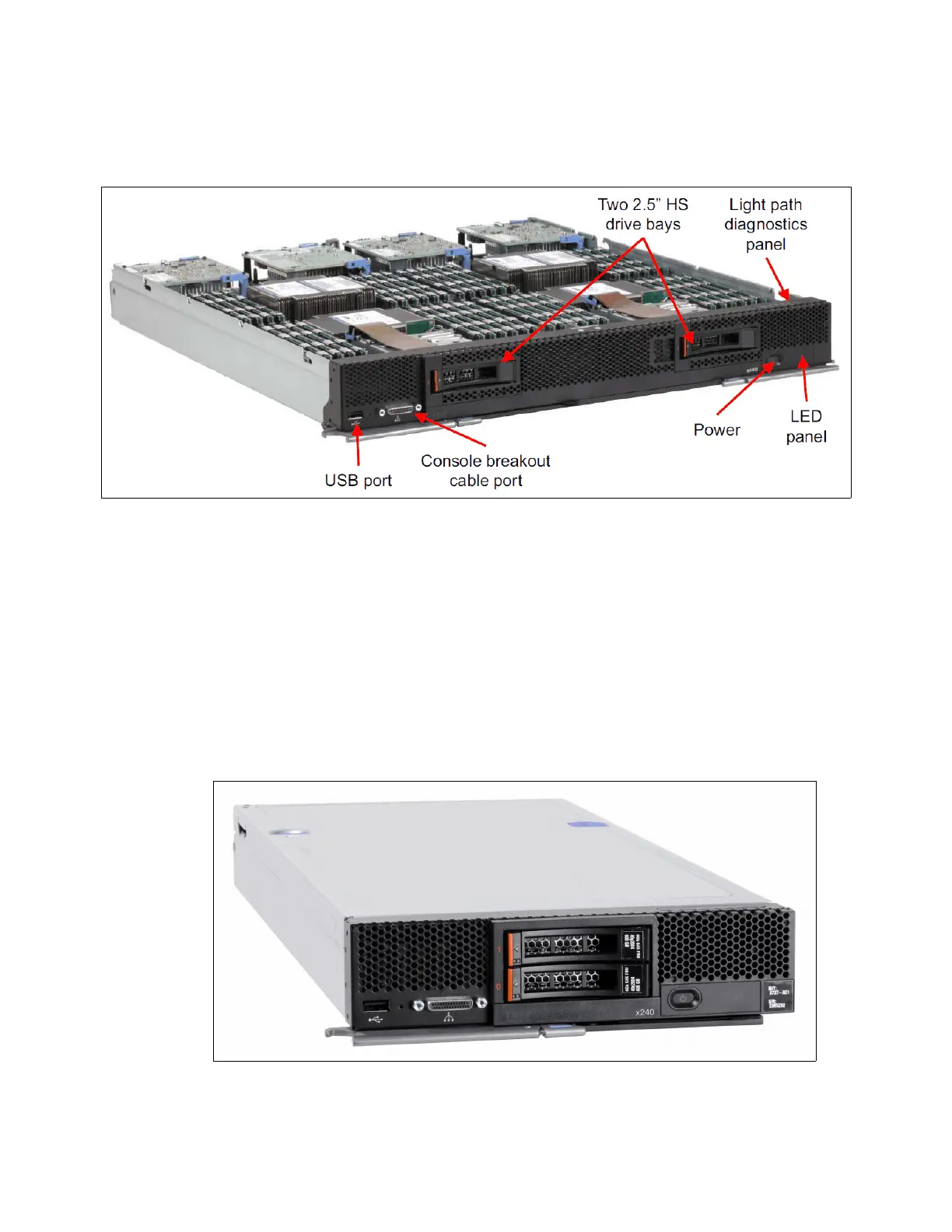